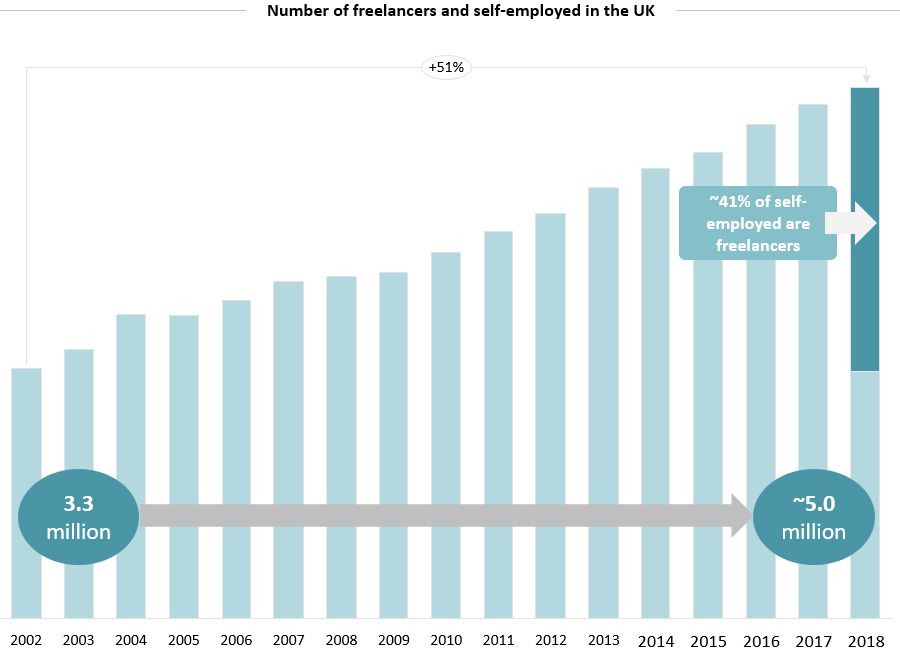Most leaders of small and mid-sized businesses would agree that people are the backbone of their businesses. But how can they build effective and complementary teams that play to each other’s strengths and lifts their business up? Mathias Linnemann, co-founder of talent matchmaker Worksome, elaborates on how to build ‘super teams.’ One of the problems that small and mid-sized businesses (SMBs) face in putting together super teams is the talent shortage. According to Manpower research, 45% of mid-sized organisations report that they are struggling to attract the right skills to their business, while the same is true for 23% of small businesses. IT is, not surprisingly, the most in-demand skill-set across industries. And the need for IT skills is not decreasing any time soon. A Future of Work report by the Consumer Technology Association revealed that 92% of employers said they will need more employees with technical skills in the future. Adding to that, companies fear that the talent shortage problem will only get worse once – or if – Brexit is finalised. But there’s a light at the end of the tunnel. Because while there is a talent shortage in the traditional workforce, the flexible workforce, consisting of freelancers, independent consultants, and contractors, is booming. And it’s ripe with talent. The UK has over 2 million freelancers and the number will, on the back of the gig- and on-demand economy, continue to rise in the coming years. There’s no talent shortage in the freelance economy Since 2009, the freelance economy in the UK has grown by 25% and generates an estimated £109 billion a year. And according to the Office for National Statistics, flexible workers now account for around 15% of the working population in the UK. These flexible workers work in project-based roles and provide their skills to companies to solve a specific task. They often work on-site and on project teams alongside full-time workers. It’s particularly the highly skilled and well-educated who choose to freelance, according to an IPSE study with freelancers with competencies in IT leading the way. Consequently, more UK employers are sourcing for talent in the flexible workforce. As many as 87% of UK employers intend to increase or maintain their use of freelancers in the next three months. At the outset, this may seem just a temporary solution until a permanent position can be filled. But that’s not quite the case. That is because freelancers are actually a crucial part of any SMB’s super team. Building an effective team Numerous studies have shown that the shift towards using freelancers as a strategic asset can help push companies ahead of the competition. For example, one study revealed that the most successful businesses use flexible workers more often than low performing businesses. And there’s good reasons for doing so. In today’s ever-changing business world, it’s crucial for SMBs to be flexible, agile, and nimble to stay competitive in the face of a turbulent business environment. Utilising freelancers allows a company to scale staff up […]




